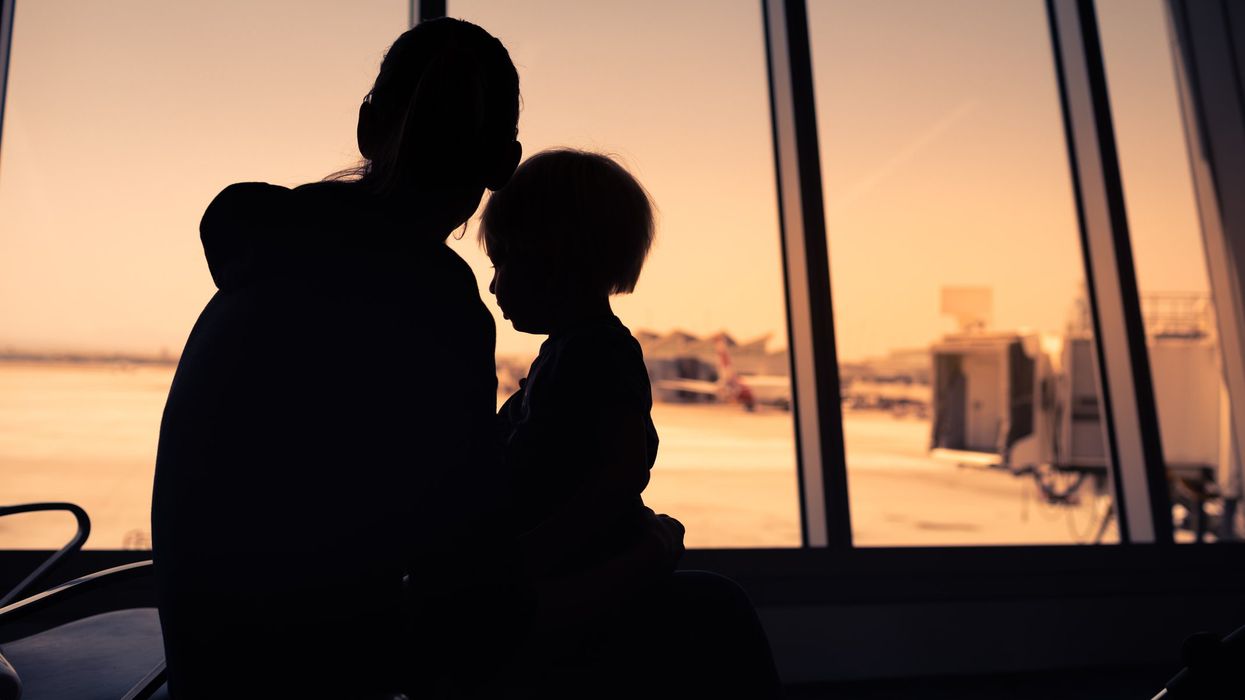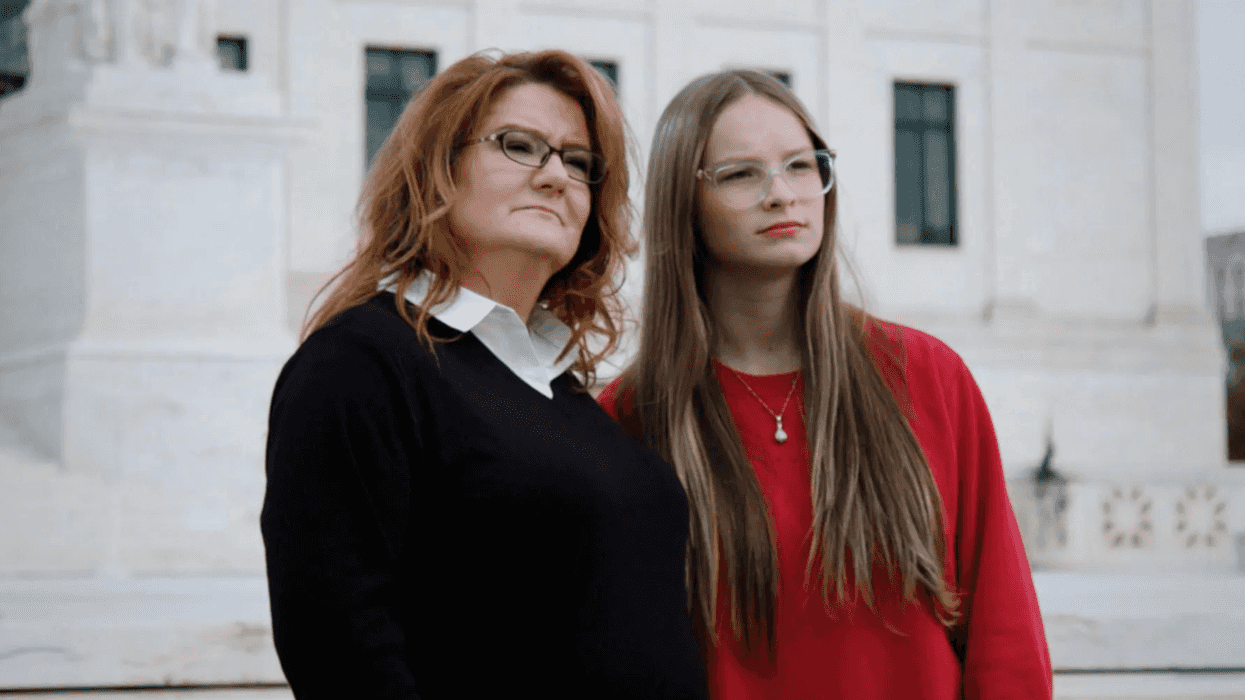I had a nightmare that my mom was being deported. I dreamed of Immigration and Customs Enforcement (ICE) agents coming to our home and taking her away. The current climate has unlocked a childhood fear. My mom did not become a citizen until 1997, and in my early years, I was afraid that I would go to school and never see her again. I was afraid that I would be left behind.
To see immigration through the eyes of the child is to see separation from your parents, your sense of safety and normalcy. My mother had fled from Nicaragua to the United States during the 1980s during civil unrest in Central America, leaving behind my siblings until they could be reunited many years later. Once reunited, there were years to make up for missed birthdays and missed milestones, and at that point, a blended family with new siblings.
Currently, children are being separated from their parents, like Federico Arellano whose wife, Christina Salazar, was deported after missing an immigration hearing due to an emergency C-section of premature twins. Though the family had informed the court of the circumstances when they appeared to immigration to address the matter, the wife was taken away and they were left with the choice of having their U.S. citizen children stay with their father or be deported with their mother. I put myself in their shoes and I cannot imagine missing my child’s first steps, first words—moments that I would never be able to get back.
Many parents are facing similar impossible circumstances. Another U.S. citizen child, Sara, was on her way to receive treatment for a brain tumor in Texas when her entire family was detained and her seizure medication was confiscated. The entire family was deported, despite the fact that the three children were U.S. citizens. There is also the son of Armando Abrego Garcia, a five year old with autism who was in the back seat when his father was handcuffed and detained by ICE. The child was sobbing uncontrollably when his mother arrived on the scene to pick him up and was forced to say goodbye to her partner. The Trump administration has since stated that the detainment and deportation of Abrego Garcia to El Salvador’s mega-prison CECOT were an administrative error. The Trump administration has been sparring with the judicial system over whether the judicial branch has the authority to demand Abrego Garcia’s return. And the question we all are grappling with is: how are people supposed to fight their immigration case from a prison? Meanwhile, Abrego Garcia’s son anxiously waits for his dad to come home.
An estimated one in four Latino children have a parent that is undocumented. And emerging research shows the long term effects of children and teens being separated from their parents include a higher likelihood of running away and suicidal ideation. In another study, children exhibited higher rates of PTSD and depressive disorders, which can continue into their adulthood and contribute to lower academic achievement, attachment difficulties, and poor mental health. Not to mention the parentified older children who are now left to care for their younger siblings.
Fear is alive and well among immigrant children and parents today. Children fearing the separation and parents wondering what would happen if they were suddenly taken away. And that fear is mobilizing parents to plan for the worst, while hoping for the best. Some parents are making the impossible choice to self deport in hopes that they can work on their immigration status from outside the United States and reunite in 10 years. Imagine missing a decade of your child’s life. Non-profit organizations are helping families put together emergency plans that detail the care of children, such as who can make medical decisions and provide emergency financial support should the primary wage earner be deported.
In the case of domestic violence survivors, the stakes are even higher. If a single mom is deported, her children can end up back in the horrific situation she fled from or be placed in foster care. Immigrant parents are wary of the foster care system, and children also report being mistreated or living in poor conditions while detained and while in foster care under family separation protocols. The Associated Press has reviewed 38 legal claims where children were harmed sexually, physically, or emotionally while in government custody, including two wrongful death claims. One wrongful death claim involved a Guatemalan toddler who died after a three-week stay in an immigration detention center; her mother has filed suit, alleging the government failed to provide adequate medical attention.
Though the issue can feel too overwhelming to do anything about it, there are several ways everyone can make a difference. We can donate to organizations supporting families, including Kids in Need of Defense ( KIND), Immigration Center for Women and Children ( ICWC), among others. Everyday people can challenge myths about undocumented immigrants with facts; for example, undocumented parents in California pay $8.5 billion in taxes yearly. We can urge city councils to limit ICE cooperation (such as no police collaboration with immigration raids). We can support access to driver’s licenses, in-state tuition, and healthcare for undocumented parents. We can advocate for counseling services for mixed status families and be aware of Rapid Response Networks. We can attend community meetings and become informed of deportations in our communities. Knowledge is power and collective power is greater than fear, even when it feels like a living nightmare.
Elisabet Avalos is a leader in housing justice, developing programs for survivors of violence experiencing homelessness, and a Public Voices Fellow of The OpEd Project on Domestic Violence and Economic Security.




















Why does the Trump family always get a pass?